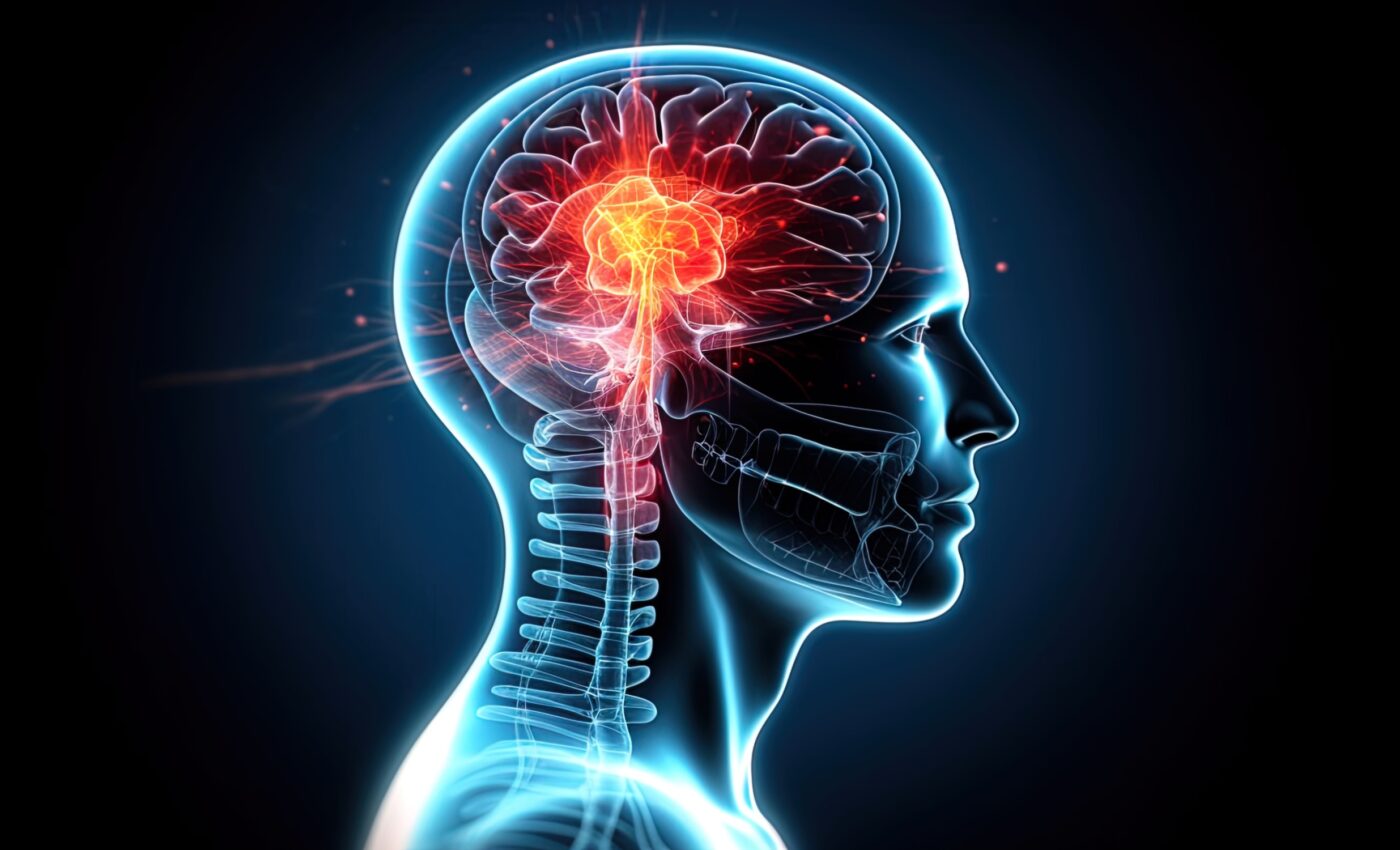
How the human brain decides which memories to remember
The human brain is constantly bombarded with a flood of sensory experiences, yet only a few of these experiences become memorable. What determines which memories stick and which fade away?
A recent study published in Nature Human Behavior by scientists from Yale University provides new insights into this age-old question.
Complexity of human brain memory
Led by Ilker Yildirim, an assistant professor of psychology, and John Lafferty, the John C. Malone Professor of Statistics and Data Science, the research indicates that the human brain gives more importance to memories it cannot easily explain or interpret.
The study proposes that if an experience is difficult to understand or unexpected, the brain is more likely to retain it. This suggests that the brain’s ability to explain or predict an event plays a crucial role in determining which experiences become lasting memories.
“The mind prioritizes remembering things that it is not able to explain very well,” says Yildirim. “If a scene is predictable and not surprising, it might be ignored.”
Surprising memories
To illustrate this point, consider a scenario where you encounter a fire hydrant in a remote natural environment.
The presence of the fire hydrant in such an unexpected setting makes the scene difficult to interpret, and thus, more memorable.
This suggests that the human brain is wired to pay more attention to and remember unusual or complex experiences.
Combining AI with behavioral analysis
The study involved developing a computational model to explore the process of memory formation in human brain, focusing on two key steps: the compression of visual signals and their reconstruction.
The researchers then conducted a series of experiments where participants were shown a rapid sequence of natural images and later asked to recall specific ones.
The findings revealed that images which were harder for the computational model to reconstruct were more likely to be remembered by the participants.
Moreover, this suggests that the complexity and unpredictability of a visual scene play significant roles in determining its memorability.
“We used an AI model to try to shed light on perception of scenes by people,” says Lafferty, who is also the director of the Center for Neurocomputation and Machine Intelligence at the Wu Tsai Institute at Yale. “This understanding could help in the development of more efficient memory systems for AI in the future.”
Implications for AI and human brain memory
The insights from this study not only advance our understanding of human memory but also have potential applications in the field of artificial intelligence.
By mimicking the human brain’s approach to memory, AI systems could be designed to prioritize and remember information more efficiently.
Our brains focus on experiences that are difficult to interpret, ensuring that the most significant and potentially useful memories are retained.
This new understanding could pave the way for advancements in both neuroscience and artificial intelligence, offering a deeper appreciation of how we remember and why some memories stand out more than others.
Potential of understanding human brain memory
Understanding how the human brain forms and retains memories can significantly impact various fields. The potential applications include:
Enhancing educational methods
Understanding memory mechanisms can lead to the development of personalized learning strategies that make information more memorable.
Educators can design curricula that leverage memory retention principles, ensuring that complex and unexpected information is presented in an engaging way to enhance student retention.
Improving mental health treatments
Knowledge of memory formation in human brain can aid in developing therapies for conditions like PTSD, where traumatic memories are overly vivid. Techniques could be devised to help reframe or diminish the impact of these memories.
Additionally, cognitive rehabilitation programs can be designed for individuals with memory impairments due to injury or disease, using principles derived from this research to strengthen memory retention.
Enhancing user experience in technology
Personalized content delivery algorithms can be developed to deliver content that is more likely to be remembered by users, improving engagement and satisfaction.
Virtual and augmented reality technologies can use principles of memory retention to create more impactful and memorable experiences, whether for entertainment, education, or training purposes.
The full study was published in the journal Nature Human Behaviour.
—–
Like what you read? Subscribe to our newsletter for engaging articles, exclusive content, and the latest updates.
Check us out on EarthSnap, a free app brought to you by Eric Ralls and Earth.com.
—–













